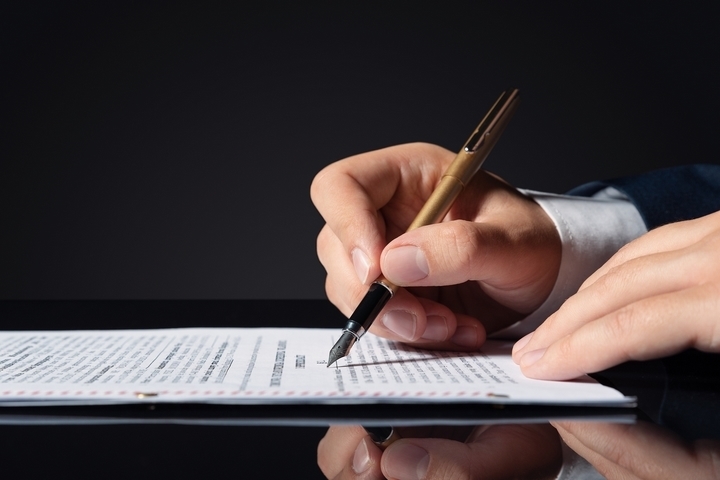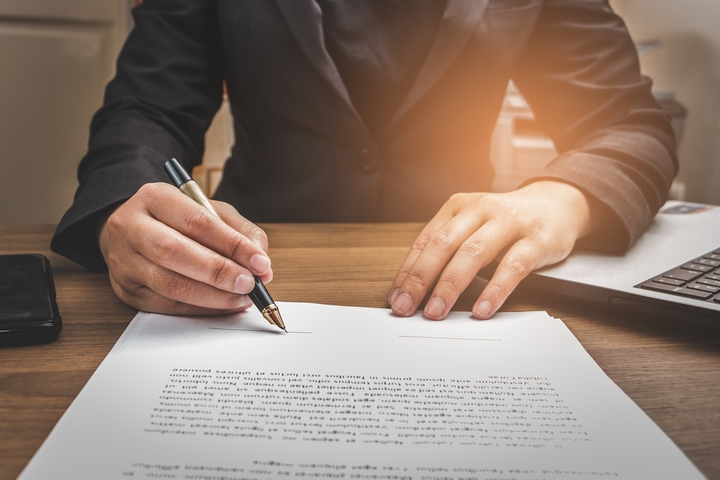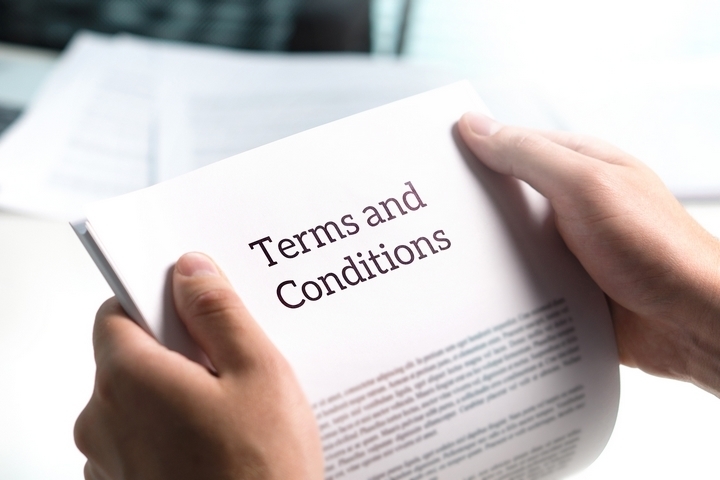
A notary is a public official who witnesses the signing of important documents. They verify the signers’ identities and ensure they understand what they are signing. Notaries have key responsibilities, including giving oaths and taking sworn statements (affidavits). They also notarize documents like deeds, contracts, and powers of attorney. This process helps prevent fraud and ensures the documents are trusted legally.
Notary services are essential in the legal and business world. They help ensure that important documents are signed correctly and according to the law. Many see notaries as just people who stamp paperwork, but their role is more complex. They act as unbiased witnesses when documents are signed, which helps prevent fraud and protects everyone involved.
Let’s learn more about the duties of a notary.
Notary Duty #1: Witness in Signatures

Notaries have important responsibilities. One key duty is to watch people sign documents. This is important because it confirms that the signers are who they say they are and want to sign willingly. The notary checks their identities using valid identification.
By witnessing signatures, notaries help prevent fraud and assure everyone involved that the document is authentic. This task is straightforward but serious. If a notary doesn’t observe the process correctly, they could unknowingly allow fraud or disputes over the agreement to happen.
Notary Duty #2: Administer Oaths and Affirmations

Notaries also give oaths and affirmations, which are necessary in legal matters. When someone needs to make a sworn statement, the notary ensures they understand their promise. By giving an oath, the notary confirms that the person is about to provide truthful information.
This notary duty is important. Oaths create a sense of responsibility and seriousness about the information shared. A notary must be careful in this process, ensuring the person knows what it means to take an oath.
Notary Duty #3: Certify Copies of Documents

Notaries can confirm that a copy of a document is a true and accurate version of the original. This is important when the original document needs to be kept safe, such as in legal or academic situations. A certified copy is essential for legal cases, real estate deals, and other instances where official documents are needed.
When certifying a document, a notary compares the copy to the original to check for differences. This careful process helps ensure that the documents are valid and trustworthy.
Notary Duty #4: Keep Notary Records

Every notary must keep a journal of their notarizations. This log records their actions and can be important if disagreements arise later. The journal usually includes the date, type of document notarized, and the names of the people involved.
Keeping accurate records protects the notary and provides transparency for clients. If questions or issues arise about a notarized document, this log can be a reliable source of information.
Notary Duty #5: Follow Laws and Guidelines

Each location has rules that notaries must follow. Notaries need to know these rules well. These guidelines explain what notaries can do, what documents they can notarize, and what fees they can charge.
Knowing these laws is crucial because not following them can result in penalties or the notary’s license being revoked. Notaries must stay updated on any changes to the law to comply and serve their clients properly.
Notary Duty #6: Refuse to Notarize Under Certain Conditions

Notaries can refuse to notarize a document in certain situations. If a notary thinks a signer does not understand the document or feels pressured, they should deny the request. This duty helps keep the notarization process honest.
Notaries must be alert and aware of their situations. They must determine whether the signers fully understand what they are signing without any pressure.
Notary Duty #7: Provide Notarial Certificates

After a notary completes a notarization, they often give a notarial certificate. This certificate is a formal statement that the document has been notarized. It usually includes the notary’s name, signature, and official seal.
These certificates assure everyone involved that the document has been properly notarized and can be trusted. Notaries must fill out these certificates carefully, ensuring the details match the information in the document.
Notary Duty #8: Offer Guidance

Notaries are not legal advisors but can provide general information about the notarization process. They can explain why notarization is important, what documents are often notarized, and what identification is needed. This guidance helps clients understand the sometimes confusing world of legal documents.
Notary Duty #9: Provide Online Notary Services

Technology has changed how notaries work. Many places now allow notaries to conduct notarizations through video calls, which makes it easier for clients who cannot visit a notary in person. Notaries need to receive proper training and have the right tools to offer these services securely. Remote notarization brings clients convenience and shows how notaries’ role is changing in our digital world.
Notary Duty #10: Continued Education

Many places also require notaries to keep learning to keep their licenses valid. This involves staying updated on new laws, ethics, and best practices for notaries. Ongoing education helps notaries improve their skills and knowledge. This is beneficial for the clients they serve. Those who continue to learn often handle complex notarization situations better.









